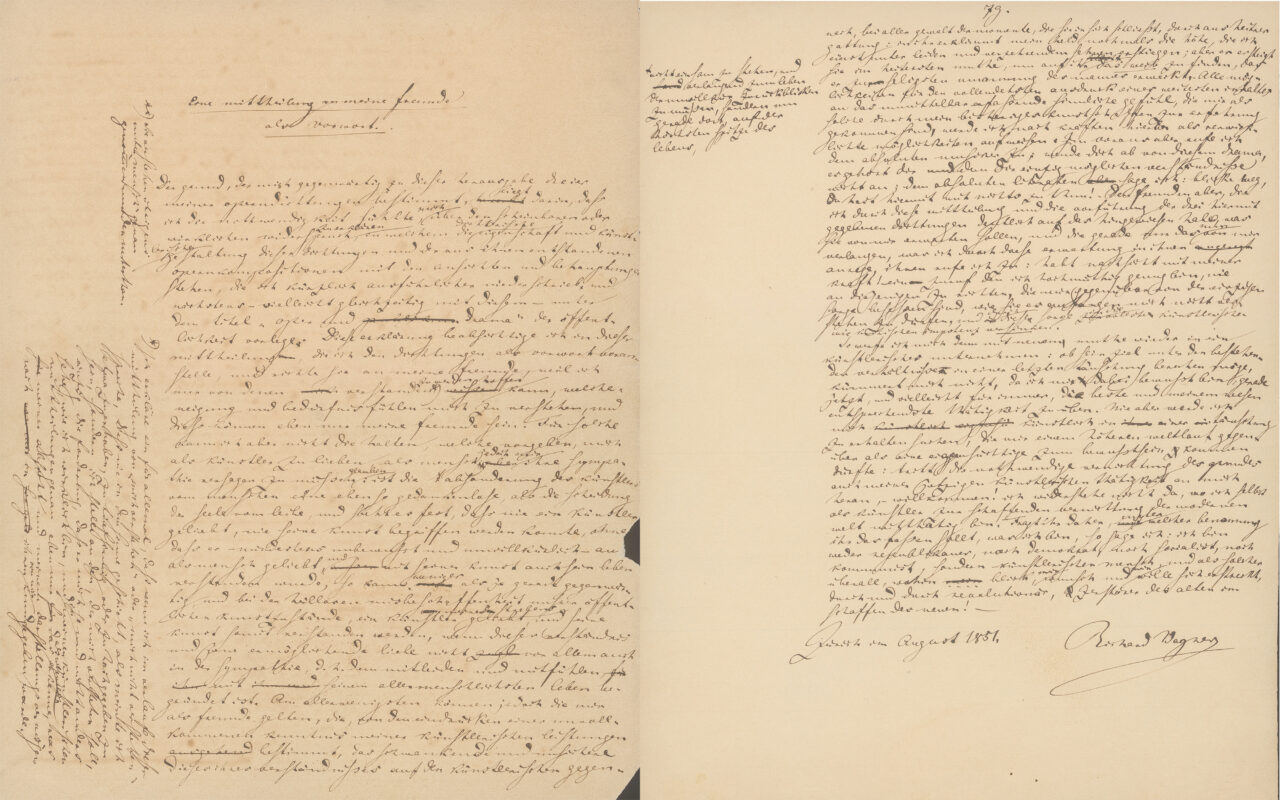Automatic tuner for organs
Mechatronics students at Kiel University of Applied Sciences (FH Kiel), supported by emotion psychologists from Kiel University and the Bonn organ builder Klais, have developed a device with which organ pipes can be automatically tuned within a few seconds.

As part of a Bachelor's project, FH students Tobias Bothe and Jan Kablitz have developed a prototype from a sensor-actuator system in which a microprocessor is responsible for digital control and frequency analysis. One challenge for the two students was the fast and precise detection of organ tones, even at fundamental frequencies of 175 Hz, for example.
The prototype is able to analyze the pitch around 15 times per second with an accuracy of 0.2 Hz, an outstanding achievement for project supervisor Christoph Weber from the Institute of Mechatronics. This measuring speed is required to enable dynamic pitch changes.
With such a system, hard-to-access stops on an organ can be retuned quickly and several times a year. On the other hand, it is possible to set other tunings, such as those commonly used in the Middle Ages, at the touch of a button in addition to today's standard equal temperament. In addition, music psychologists can investigate how different tunings affect the human mood.
The prototype will continue to be used by the Music Psychology working group at Kiel University (CAU). One of the aims is to investigate the extent to which slight detuning in relation to other organ pipes influences the acoustic perception. The organ building company Klais would also like to continue the project and plans to equip an entire stop of 61 organ pipes with the system.







